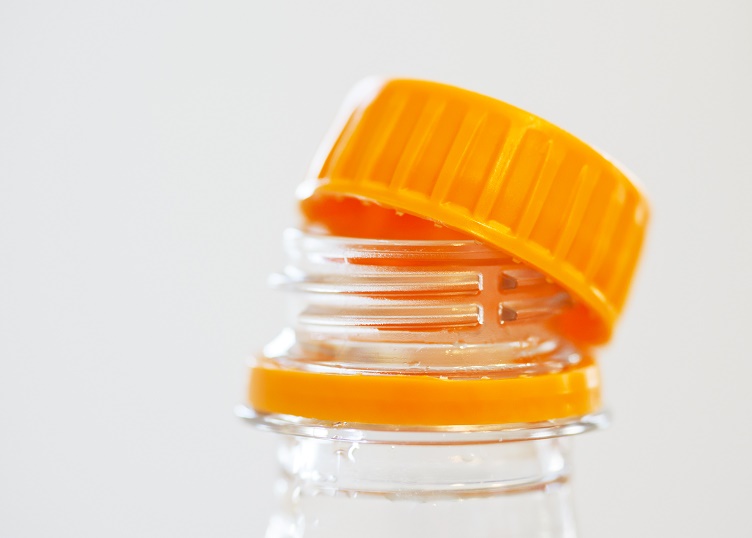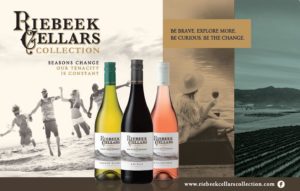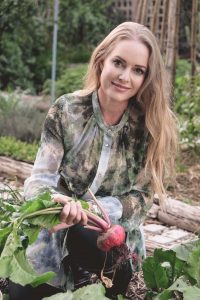Plastic recycling is an important step in controlling excess waste in the environment. Plastic organisations around the world are calling on all consumers of plastic products to think about their waste disposal practices and to recycle their waste.
While plastic waste does pose a threat to the environment, it can be minimised through proper waste management and disposal practices. Plastic is a valuable material that is vital to modern life, so it does not make sense to ban it completely. Rather, we should be focusing our efforts on controlling waste and avoiding litter.
Everyone can play a part in recycling. ‘To win the war on plastic pollution, every role-player in the plastics industry needs to confront some hard truths. This includes us as the producers of plastics, but it also includes government and consumers,’ says Plastics SA executive director Anton Hanekom. ‘In the coming weeks and months, we, as the plastics industry, will embark on a sustained campaign to persuade government and citizens to join us in the war on plastic pollution.’
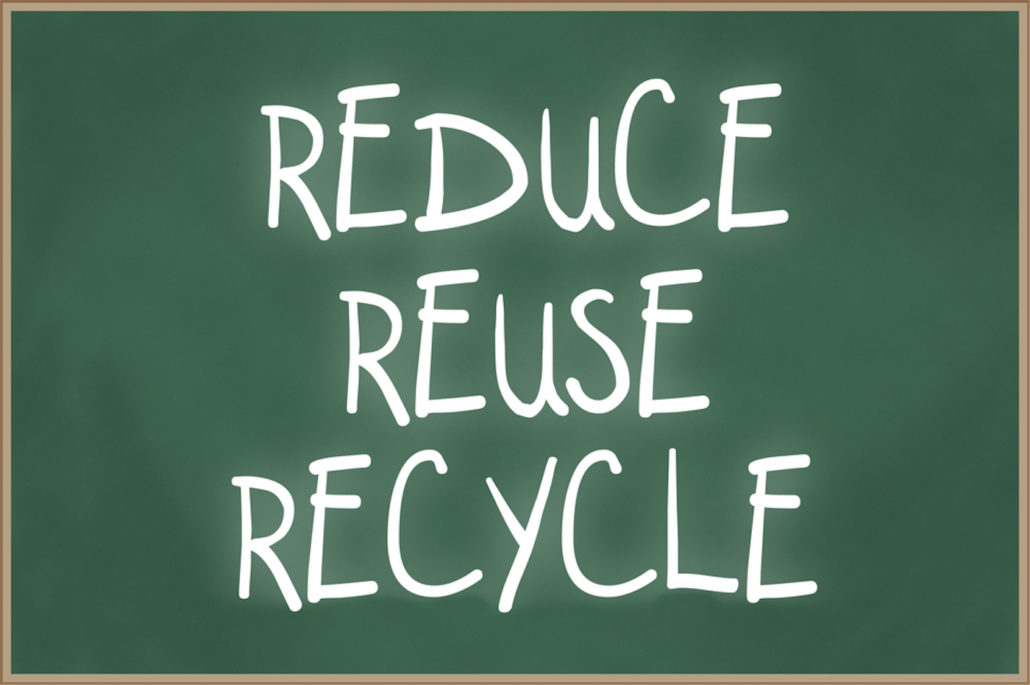
Here is how you can do your part for effective recycling:
1. Reuse plastic products – Plastic is a reusable material; even so-called single-use plastics such as straws, shopping bags and coffee cups are reusable. Keep these items and use them again and again. Where discarding plastic is the only option, make sure you recycle it rather than dispose of it in the general rubbish bin.
2. Help friends with recycling – Speak to your family and friends about recycling their waste. Help them to set up recycling bins in their own homes and explain the importance of keeping plastic waste out of landfills.
3. Repair old products – Repair your old plastic products and appliances before discarding them. This could save money and the environment.
4. Only put clean, dry plastics in the recycling bin – Plastic food and drink containers that contain food waste and residue can contaminate entire recycling batches. That is why it is important to rinse plastics with water (greywater will do) and ensure that they are dry before placing them in the recycling bin.
5. Look online and share – Look online for the best ways to recycle waste so that you can improve your knowledge. Share these recycling tips with your friends and family to spread the word.
6. Don’t ignore other recyclables – Plastic is not the only material that can be recycled. Metals, paper and glass are other important items that need to be recycled rather than disposed of in general rubbish bins. Don’t forget to recycle your light bulbs and batteries too.
7. Recycle all packaging – Plastic and paper packaging are two of the most common waste items found in the environment. Almost every single product is packaged in plastic or paper these days. Recycle all of these materials, including the polystyrene foam padding and any metal packaging too.
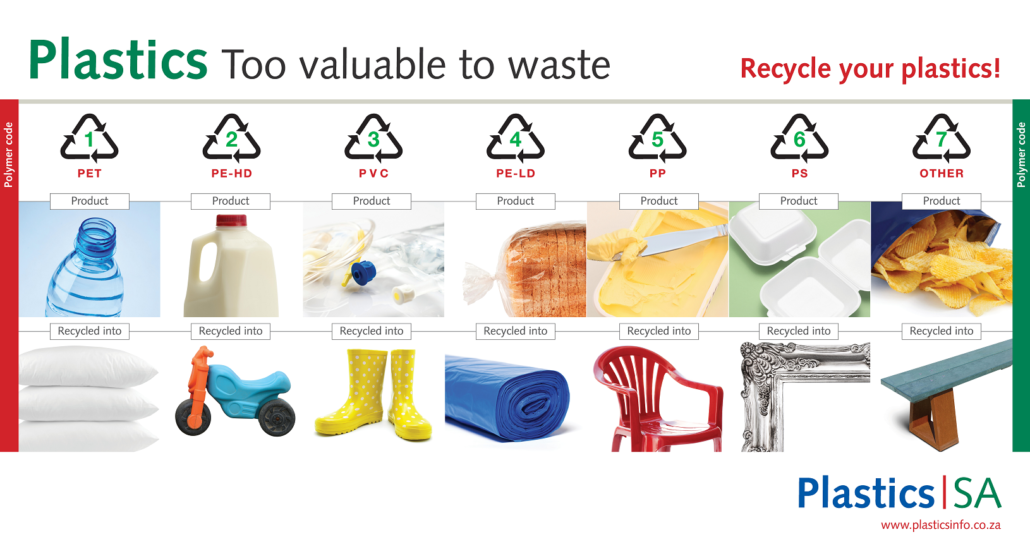
If everyone takes responsibility for their own waste and recycles as much as they can, we can minimise the waste that ends up in our rivers, oceans and lands. Waste management and correct disposal practices are the most effective method of preventing plastic pollution.
Plastics SA represents all sectors of the South African plastics industry. Together with our associations, we play an active role in the growth and development of the industry and strive to address plastics related issues, influence role-players and make plastics the material of choice.
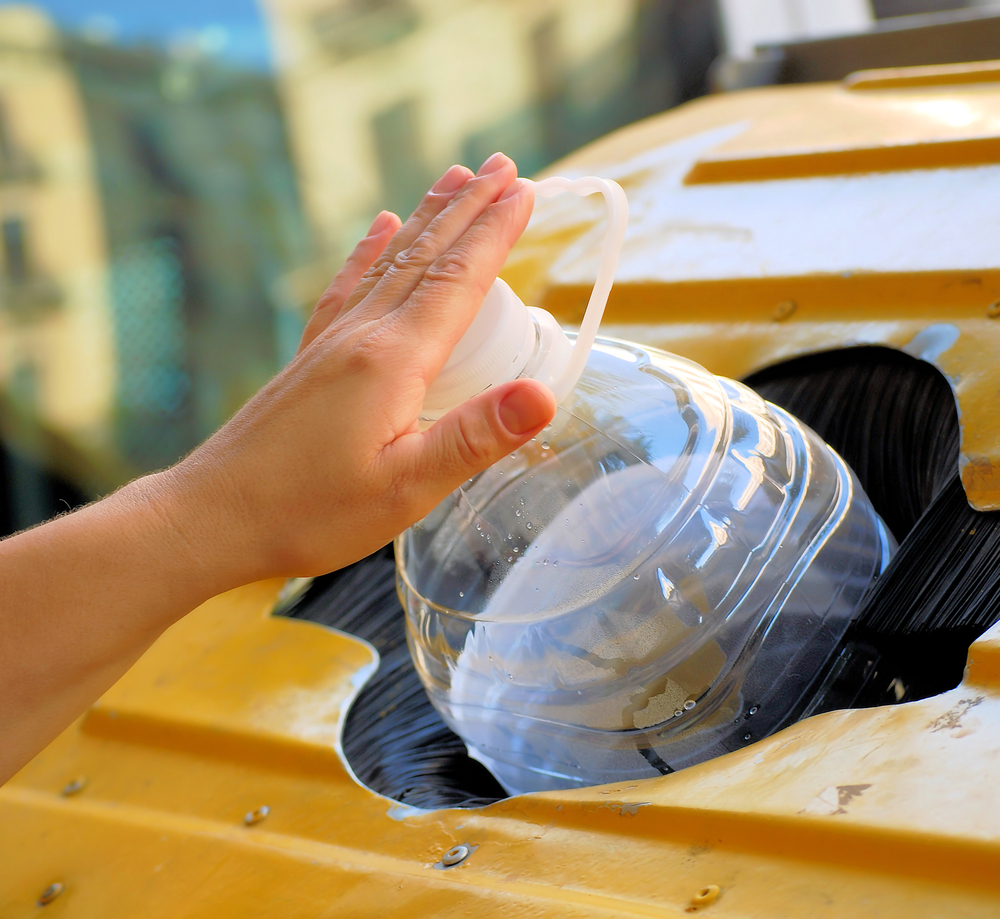
Plastics SA has been mandated to ensure a vibrant and sustainable plastics industry in South Africa. The plastics sector is uniquely placed to meet the needs of a sustainable society and to deliver solutions to many challenges such as recycling, climate change, water scarcity, resource usage and energy recovery.
For more news, updates and information on the South African plastics industry, follow Plastics SA on Facebook, Twitter, Instagram, YouTube, LinkedIn and Pinterest.

